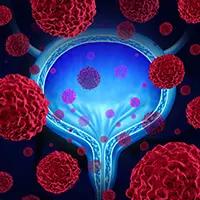Dr. Pusztai on the Role of ctDNA as a Biomarker in Breast Cancer
Lajos Pusztai, MD, DPhil, discusses the role of circulating tumor DNA as a biomarker of response in patients with high-risk early-stage breast cancer.
Lajos Pusztai, MD, DPhil, professor of medicine and co-leader of Genetics, Genomics, and Epigenetics at Yale Cancer Center, discusses the role of circulating tumor DNA (ctDNA) as a biomarker of response in patients with high-risk early-stage breast cancer.
During the 2020 San Antonio Breast Cancer Symposium, findings from a biomarker analysis of the I-SPY 2 trial showed that ctDNA results were available in 96% of patients prior to treatment and 3 weeks after treatment initiation, and 86% were available at pretreatment, 3 weeks after treatment initiation, and prior to administration of anthracyclines. Notably, detection of ctDNA varied by disease subtype; 86% of patients with triple-negative breast cancer were ctDNA positive at baseline compared with 48% of patients with estrogen receptor–positive, HER2-negative disease, says Pusztai.
Three weeks after neoadjuvant chemotherapy with or without pembrolizumab (Keytruda), over half of patients who were ctDNA positive at baseline cleared their ctDNA and achieved a pathologic complete response (pCR), says Pusztai. Moreover, patients who did not clear their ctDNA prior to completing chemotherapy had a significantly higher risk of not achieving a pCR, concludes Pusztai.



